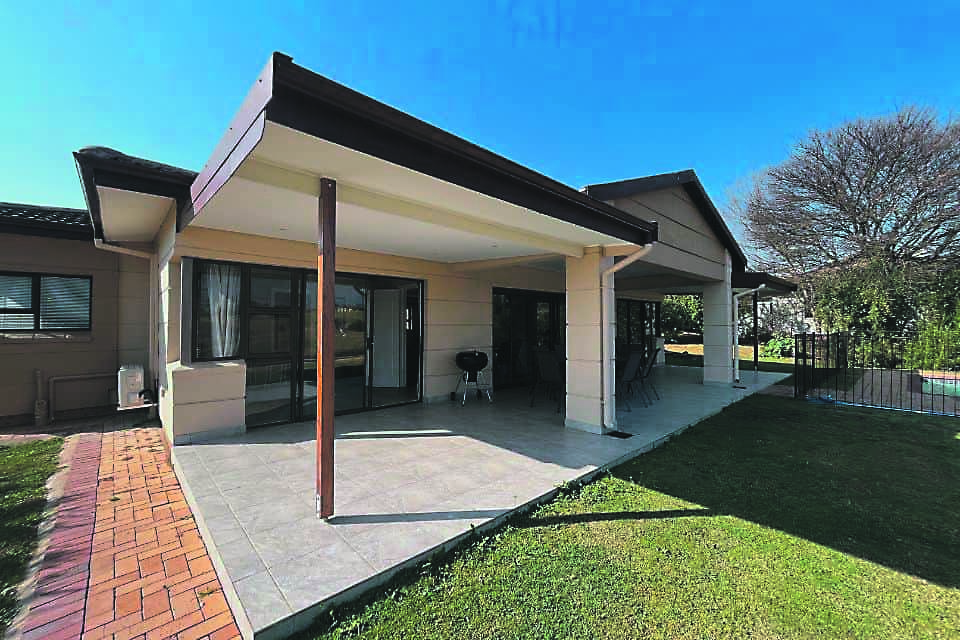Marathon Digital CEO: Bitcoin Mining Bill ‘Won’t Change Mind on Texas’

The Texas Bitcoin mining bill that the industry didn’t think would make it out of committee did. Then it also cleared the state senate – each time with the support of unanimous votes.
Despite consternation from Bitcoin miners over the proposal that would cut into their income, Wednesday’s vote to send SB-1751 to the Texas House of Representatives took place in a largely empty room during the local and uncontested session.
That means that so far things are going the way Marathon Digital CEO Fred Thiel thought they would.
“In Texas, I’m confident that while this bill will probably pass the state Senate, I don’t think it’s going to make it out of the House intact,” he said Decrypt before the vote.
If passed, the legislation would limit benefits offered to Bitcoin miners in the state to reduce their power consumption during times of high demand. In exchange for cutting power consumption to help the grid prioritize residential customers, Bitcoin miners have been among the commercial customers eligible to receive credits they can use towards their electricity bills.
And so far, the state has had a cozy relationship with Bitcoin miners. Lee Bracher, president of the Texas Blockchain Council industry group, said Reuters that Bitcoin miners consume about 2,100 megawatts – up 75% in the past year – and make up about 3.7% of the state’s peak load.
Thiel said the company has been looking to diversify its operations and renewable power options, but added that “1751 will not change our mind about Texas.”
Marathon, which trades on the Nasdaq under the ticker MARA, hosts the majority of its rigs – 10 exahash of a total of 14 EH installed – in several Texas facilities. Those facilities were operated by Compute North until the company filed for Chapter 11 bankruptcy protection in September. Then in December, US Bitcoin Corp. in to replace Compute North at three of the facilities where Marathon hosts rigs.
That means Thiel could soon be a customer of Toronto-based Bitcoin miner Hut 8.
In February, the publicly traded miner, which trades on Nasdaq under the ticker HUT, announced plans to merge with US Bitcoin. Last month, Hut 8 CEO Jaime Leverton said on an earnings call that the Canadian Competition Authority had issued a no-action letter, meaning there are no regulatory hurdles to clear before the deal can close.
Leverton told Decrypt earlier this month during an interview for the gm podcast that she is particularly excited about the work that US Bitcoin has done with artificial intelligence and machine learning to manage energy use and maintenance for individual rigs.
“We haven’t seen anything else like it,” she said. “And I think there’s a ton of potential when we get to the other side of this transaction, to really figure out how we can scale and transfer some of the proprietary IP that they’re working on to other applications outside of just Bitcoin mining. “
But while SB-1751 hasn’t changed Thiel’s opinion about the growth in Texas, he said Marathon wants to continue diversifying its operations.
“We’re also expanding in North Dakota — we have a big site in North Dakota — there’s about 180 megawatts there coming online as we speak,” he said. “But we still have a lot of sites in Texas, and we will continue to develop those sites.”
The company has also begun building out two $400 million mining facilities in the United Arab Emirates, a joint venture with FS Innovation in which Marathon has a 20% stake. The locations, which Thiel expects to be operational before the end of this year, will have a combined capacity of 250 megawatts.
Thiel called the UAE venture Marathon’s “coming out party,” since it has not previously done its own site design and development. Marathon typically places its rigs on hosted sites, operated by other companies. But that could continue to change as Marathon looks at ways to set up more small, low-maintenance sites.
The goal, he said, is to look for places where Marathon can set up very small Bitcoin mining operations “at the edge,” or at the source where renewable energy can be generated.
“Economically, it means you don’t have to have a lot of people on the small sites,” Thiel added. “We might actually run a truck every month or so to make sure everything is going well.”
























